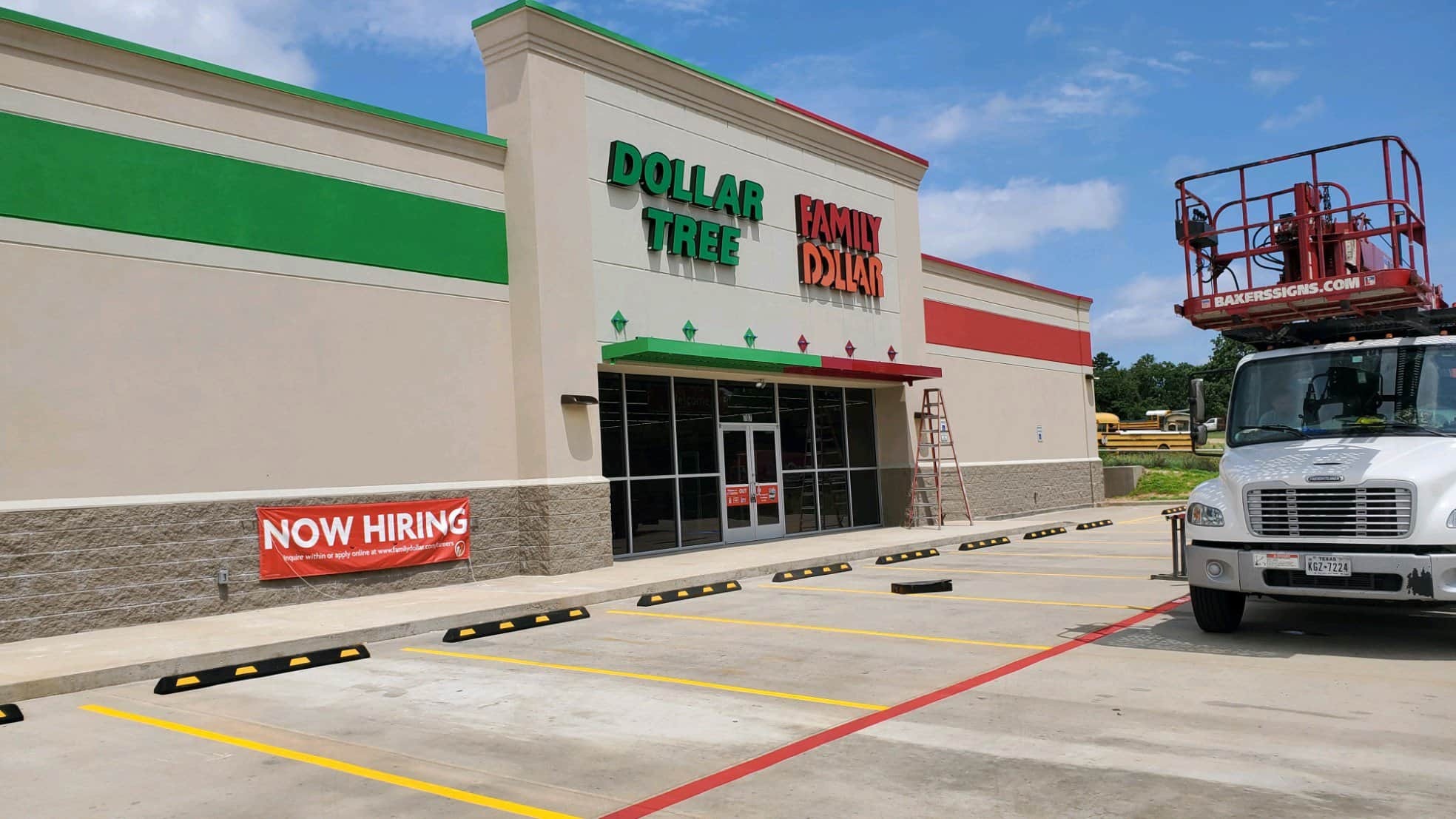Articles
The Impact of Dollar Tree and Family Dollar Store Closures: What You Need to Know
Recently, news of Dollar Tree and Family Dollar stores closing made waves in the community. This trend has raised concerns and raised questions among the public about the meaning and reasons behind these closures. In this article, we dive into the reasons behind these closures, their impact on communities, and what it means for consumers and the retail landscape.

1. Introduction
Dollar Tree and Family Dollar stores have become ubiquitous stores in many neighborhoods, offering affordable products to consumers on a budget. However, recent closures have left many wondering about the future of these discount retailers and their impact on the community.
2. The rise of dollar stores
Dollar stores became popular in the early 2000s as consumers sought affordable options amid economic uncertainty. Dollar Tree and Family Dollar have emerged as key players in this market, offering a wide variety of products at low prices.
3. Challenges facing Dollar Tree and Family Dollar
Despite their initial success, Dollar Tree and Family Dollar have faced many challenges in recent years. These include increased competition, rising operating costs and changing consumer preferences.
4. Economic impact
The closure of Dollar Tree and Family Dollar stores has significant economic implications. It not only affects employees but also impacts suppliers, landlords and the local economy.
5. Impact on the community
Closing these stores could have a profound impact on communities, especially in low-income areas where access to affordable goods is limited. It can also lead to job losses and contribute to the deterioration of neighborhoods.
6. Consumer perspective
From a consumer standpoint, the closure of Dollar Tree and Family Dollar stores means fewer options for affordable shopping. Many people rely on these stores to buy daily necessities and may have difficulty finding alternatives.
7. Changing the retail landscape
The closings of Dollar Tree and Family Dollar stores reflect broader changes in the retail landscape, including a shift toward e-commerce and the rise of discount chains like Walmart and Target.
8. Survival strategy
To survive in today’s competitive retail environment, Dollar Tree and Family Dollar may need to adjust their business models, improve operational efficiency and enhance the customer experience.
9. Conclusion
In short, the closings of Dollar Tree and Family Dollar stores highlight the challenges traditional retailers face in a growing market. While the impact may be felt deeply in some communities, it also presents opportunities for innovation and adaptation.
10. Frequently asked questions
1. Why are Dollar Tree and Family Dollar stores closing?
Dollar Tree and Family Dollar stores are facing a variety of challenges, including increased competition and rising operating costs.
2. How will the closure affect the local economy?
The closures could lead to job losses and have a ripple effect on suppliers, landlords and other businesses in the area.
3. What alternatives do consumers have?
Consumers can explore other discount retailers or online options for affordable shopping.
4. Can Dollar Tree and Family Dollar survive in this competitive environment?
With strategic changes and adaptations, Dollar Tree and Family Dollar can find a way to grow despite the challenges.
5. What is the future of discount retailers?
The future of off-price retailers depends on their ability to innovate and meet growing consumer demands in a rapidly changing retail landscape.
As the retail landscape continues to evolve, the closings of Dollar Tree and Family Dollar stores serve as a reminder of the challenges facing traditional retailers. However, it also offers opportunities to adapt and innovate to meet consumer needs in a dynamic market.
Homepage: Dnstyles
